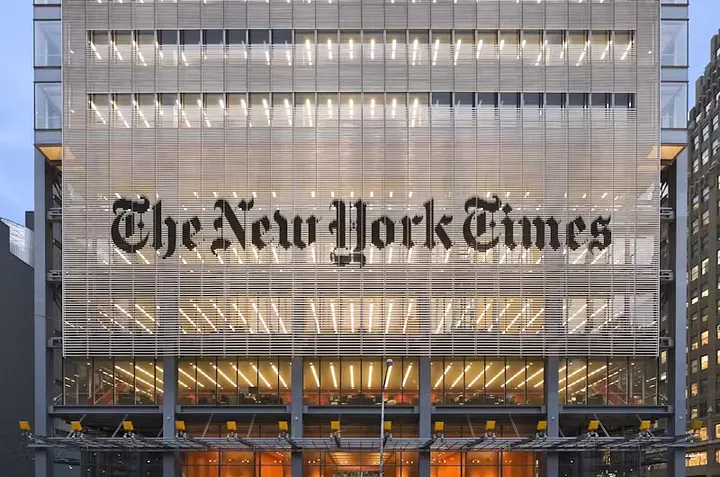The Trust Equation

Pillars Discussed
Binary Troubleshooting
Build vs Buy vs Configure Pragmatism
Relationship-Building as Risk Reduction
Empathetic Communication
I wrote this piece because The New York Times' recent Amazon deal perfectly illustrated several Hurricane Methodology principles playing out in real time.
Here's what caught my attention: Two years ago, The Times was suing OpenAI and Microsoft for scraping their content. Now they're licensing that same content to Amazon. At first glance, you might think "hypocrites!" But this was actually brilliant strategic thinking.
The Times faced what I call a classic binary choice - fight the AI revolution or profit from it. They chose both, smartly creating two tracks: sue companies that took without asking, while partnering with those willing to pay licensing fees.
What impressed me was how this demonstrates trust-building versus trust-eroding behavior. Amazon came to the table offering revenue sharing and proper attribution. Compare that to the "move fast and break things" mentality that got OpenAI sued in the first place.
This also shows modular systems thinking in action. Amazon wasn't first to market with ChatGPT, but they understood something OpenAI missed - they have direct consumer relationships through Alexa, AWS, and retail. When Times content appears in Alexa responses and drives traffic back to the newspaper, both sides win.
The bigger lesson for executives facing technological disruption? You can't always stop change, but you can usually find ways to profit from it while protecting what matters most. The Times protected their legal rights AND created new revenue streams. That's pragmatic adaptation.
My hope is this new revenue helps The Times keep employing great journalists - because that human expertise is exactly why Amazon values their content so much in the first place.
.svg)


